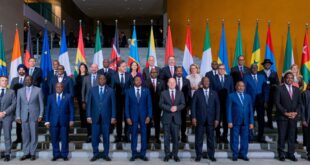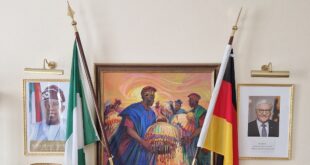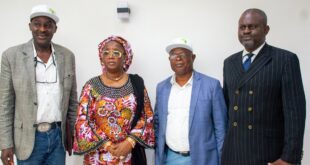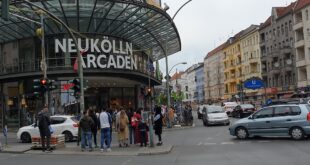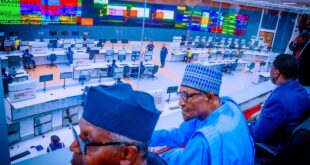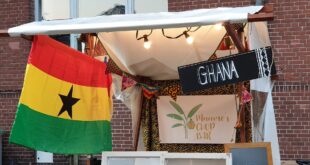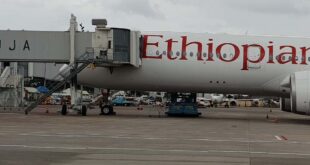Four West African presidents said on Tuesday they planned to accelerate the creation of a shared currency for the 15-country ECOWAS bloc by 2020, according to a joint statement.
The future currency, whose name is yet to be determined, would replace the dominant CFA Franc introduced by former colonial power France in 1945 and whose treasury still backs it.
“Our region needs this unifying instrument, symbol of our shared destiny, to consolidate our customs union,” ECOWAS chairman and Togolese President Faure Gnassingbe said on Twitter.
The statement was from the presidents of Togo, Ghana, Niger and Ivory Coast who form part of a task force on the envisaged currency. A committee is planned to lead the efforts, it said.
But the president of the biggest economy in the region, Nigeria, urged caution, citing difficulties in the euro zone.
“Nigeria will caution against any position that pushes for a fast-track approach to monetary union, while neglecting fundamentals and other pertinent issues,” said Muhammadu Buhari.
West African leaders have for decades held meetings on creating their own currency in order to promote regional trade and investment, but little progress has been made.
Popular anger over the CFA franc, which stands for African Financial Cooperation in French and is seen by many in the region as a symbol of unwelcome French paternalism, dates back to at least 1994 when Paris suddenly devalued the currency.
Establishing a new currency would involve dissolving the Dakar-based West African Central Bank BCEAO for the eight countries within the zone that use it and creating another one.
The remaining seven countries in the ECOWAS bloc include English-speaking countries like Gambia and Sierra Leone as well as Portuguese-speaking Guinea Bissau. Each has its own currency.
© Reuters
 THE AFRICAN COURIER. Reporting Africa and its Diaspora! The African Courier is an international magazine published in Germany to report on Africa and the Diaspora African experience. The first issue of the bimonthly magazine appeared on the newsstands on 15 February 1998. The African Courier is a communication forum for European-African political, economic and cultural exchanges, and a voice for Africa in Europe.
THE AFRICAN COURIER. Reporting Africa and its Diaspora! The African Courier is an international magazine published in Germany to report on Africa and the Diaspora African experience. The first issue of the bimonthly magazine appeared on the newsstands on 15 February 1998. The African Courier is a communication forum for European-African political, economic and cultural exchanges, and a voice for Africa in Europe.








